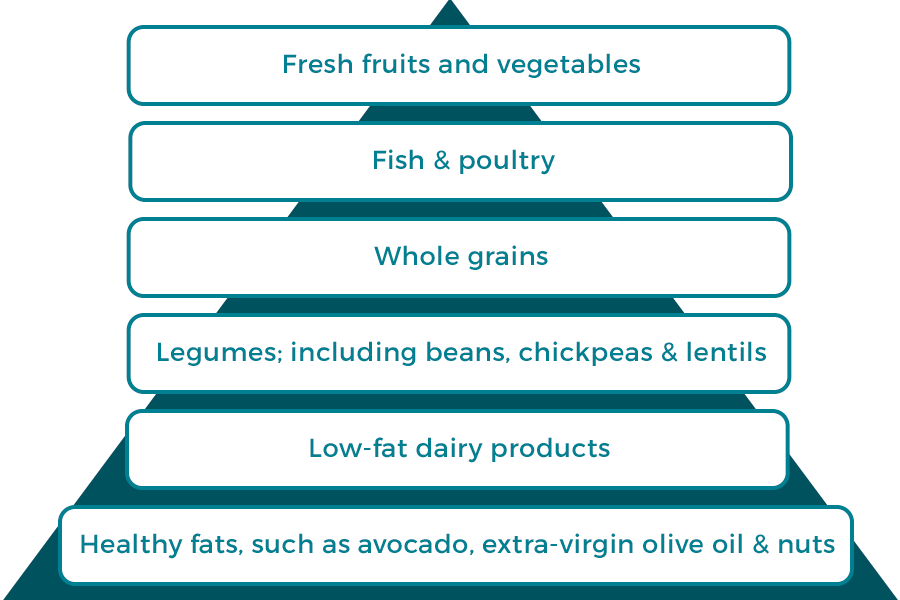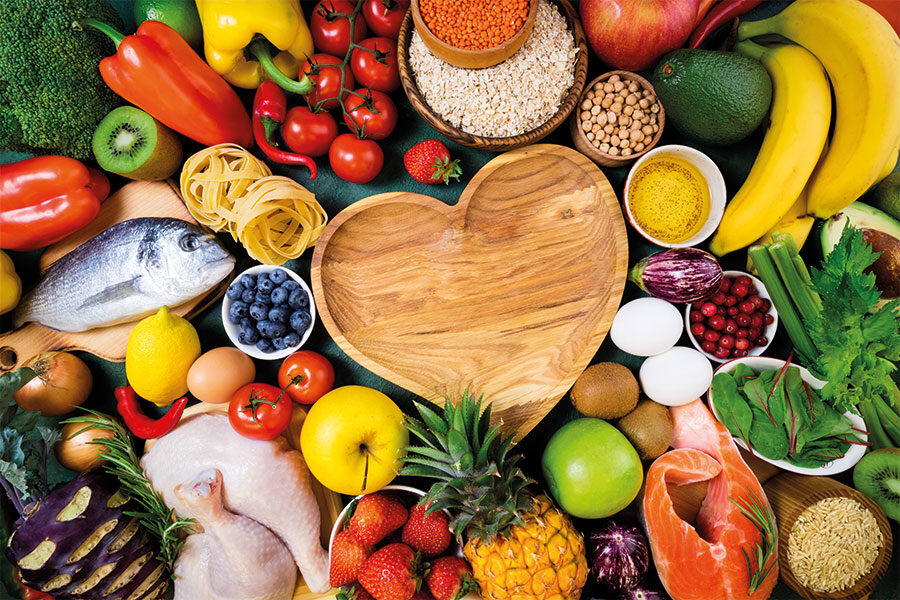A growing body of evidence points to a link between diet and female fertility. In fact, data shows that an anti-inflammatory diet is instrumental in IVF success whereas a diet high in trans fats, refined carbohydrates, processed foods, fast foods and added sugars can negatively affect fertility. Conversely, a diet based on the Mediterranean dietary patterns, rich in dietary fibre, omega-3, fatty acids, plant-based protein, and vitamins and minerals, has a positive impact on female fertility.
There is undoubtedly an association between dietary habits and fertility. An individual diet, which comprises other comorbidities and lifestyle, is especially essential.
Where Nutrition Impacts Infertility:
- Polycystic Ovarian Syndrome (PCOS)
- Weight status (under weight or over weight)
- Eating Disorders (or history of restricted eating)
- Endometriosis and Fibroids
- Nutrient deficiencies
Weight Status
A modest decrease of body weight, which can have a significant impact on improving fertility in over-weight/obese women. In one trial, 90% of women resumed ovulation and 45% spontaneously conceived following a 5% weight loss.
PCOS
Dietary interventions can help improve chances of fertility.
- Weight loss if overweight
- Avoid refined sugar and other refined carbs
- Emphasise high fibre foods
- Increase healthy fats and protein
Top tips for boosting fertility (Diet & Lifestyle Interventions)
- A Mediterranean-style diet
- Limit the amount of sugar and sweet foods you eat
- Avoid drinking alcohol while trying to conceive
- Drink plenty of water – ideally 1.5 litres daily
- high-quality protein
- plant-based, antioxidant-rich foods
- healthy fats
- Get some gentle exercise. This helps to support optimal weight and reduce stress levels
Mediterranean-style diet
- Emerging research suggests that women who follow a Mediterranean-style diet pattern may increase their chance of pregnancy.
- A preconception “Mediterranean” diet by those undergoing IVF/ICSI treatment may contribute to the success of achieving pregnancy.
Here are some food types to revamp your nutrition with the Mediterranean diet:

Avoid the following:
- Red meat, sugar, refined grains, and other highly processed foods
- Salt – flavour food with herbs and spices instead
Pick from the list
Here are some suggestions to power you through your day whilst you undergo IVF treatment:
- Start your day with Avocado toast, a healthy good fat, with vitamins C, E, and K, along with zinc, riboflavin, magnesium, and folate.
- For a snack, blend antioxidant-rich berries, spinach, or kale, and nuts or wheat germ, yogurt, non-dairy or low-fat milk, and you have the power of nutrients to aid in IVF success.
- Time for Lunch: choose whole grains, fresh veggies, and lean protein. A salad of ancient grains like quinoa, mixed with deep green leaf lettuces, kale, or spinach, sunflower seeds, and a light vinaigrette, served with low-mercury fish, grilled chicken.
- Prepare dinner by using a foundation of brown rice, or any whole grain you prefer. Top with greens sautéed in olive oil, grilled vegetables, your choice of protein, and a tahini-lemon sauce, or a healthy sauce of your choosing.
Should I take supplements?
Supplements should always be supplementary to a healthy diet. Taking a multivitamin designed for the preconception period can be helpful. Ideally have your nutrient levels tested to identify what you need.
Would you like to learn more about the impact of nutrition on fertility?
If you would like to speak with a NOW-fertility expert to learn more about how we can help, then please click below to get started.







